Beginners to digital marketing sometimes have a hard time understanding what is organic search and why it’s very important for the long-term success of a website. In fact, most people tend to confuse organic search with paid search and this complicates things even more.
The purpose of this post is to explain everything you need to know about organic search in a simple language that beginners can understand and clear out any misconceptions.
In particular, you’ll learn:
- What is Organic Search?
- Why is Organic Search Important?
- What is the difference between paid search and organic search?
- How to appear in organic search results?
What is Organic Search?
Organic search refers to the results shown for a search query that excludes paid ads. Organic search results are decided based on a number of organic ranking factors that have to do with relevance to the user’s search query, incoming links, domain authority, device, user location, and many other factors.
Look at the example below to understand this better:
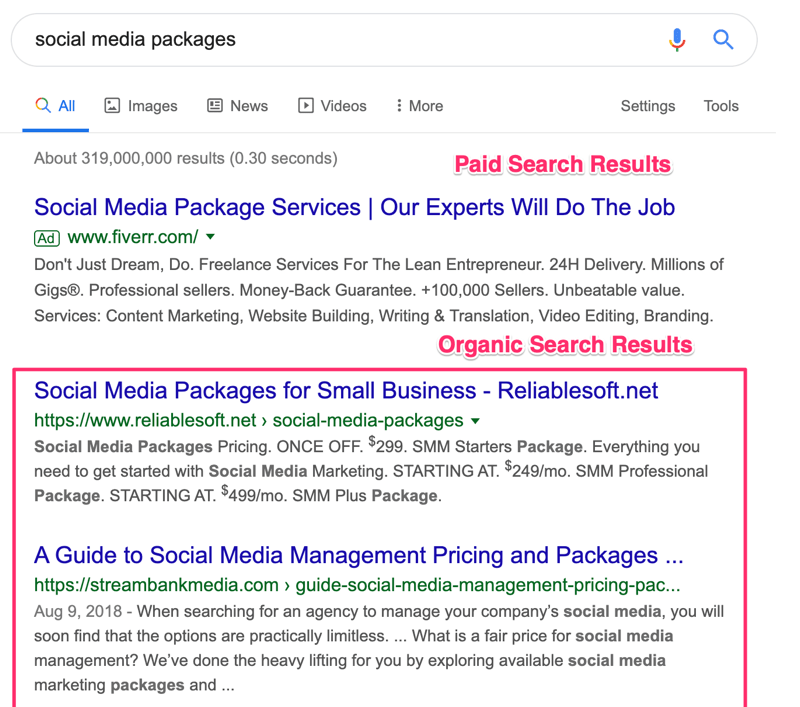
When you type a search term in Google you are presented with a set of results. The top part might include paid results (these are denoted by the symbol [AD]), followed by the organic search results.
Besides Google, other search engines like Bing and Yahoo use the same display format for their organic and paid results.
Why is Organic Search Important?
Organic search is important because it is the most valuable form of traffic you can get to your website.
Organic traffic is highly targeted and more likely to convert than any other form of traffic.
The reason organic traffic is more targeted compared to social traffic or other types of traffic has to do with the ‘user intent’.
Users that type a search query into a search engine are looking for something very specific and websites that can satisfy their intent can turn those users into customers, subscribers or returning visitors.
To be able to take advantage of organic search, your website needs to appear on the top 5 positions of the search engine result pages (SERPS) for keywords related to your website.
The reason is that the majority of organic clicks go to websites that appear on the top of the results.
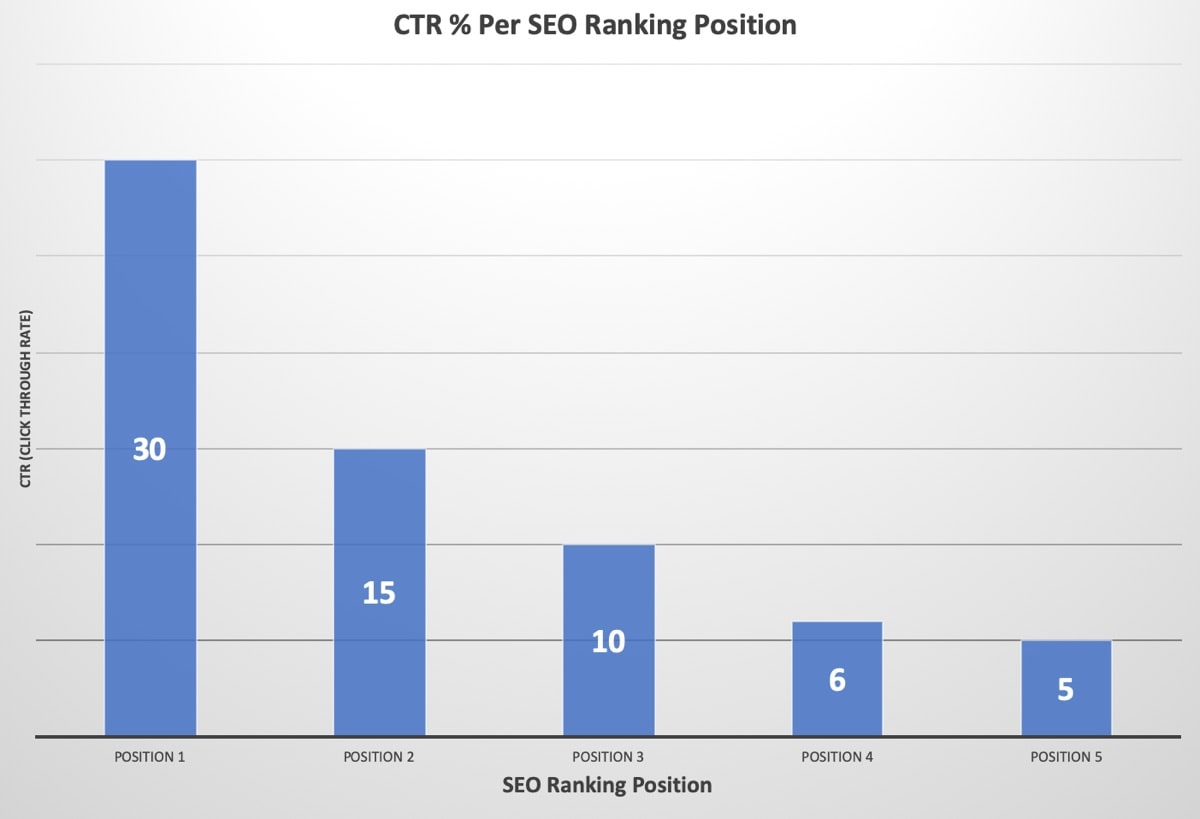
What is the difference between paid search and organic search?
The main difference between paid search and organic search is that paid search results are paid for and populated via an auction system while organic search results are unpaid and decided by search engine ranking algorithms.
Both paid and organic search are part of what is known as search engine marketing (SEM).
Paid Search
When you want your ads to appear on the top positions of the search results, you can use Google Ads (for Google) or Bing Ads (for Bing) to show your ads for related searches.
The position your ads will appear is decided by an auction type system. The system takes into account a number of parameters including:
- The location of the user
- The device used (mobile, desktop, tablet)
- The keywords the ad is configured to be shown
- The title of the ad
- The relevancy of the landing page (the page a user will see when they click on the ad)
- The maximum amount the advertiser is willing to pay for ad clicks
- Competition i.e. how many advertisers are bidding for a top position for the particular keyword
Advertisers pay when a user clicks on an ad and visits their website. The amount to be paid depends on the type of keyword, competition and a number of other factors.
Advertisers can define the maximum amount they want to pay for a click and the total amount they want to spend for their paid ad campaigns.
The most popular paid search platforms (also known as PPC – Pay-Per-Click) are Google Ads and Bing Ads.
The big advantage of paid search is that results are almost immediate. As soon as you set up a campaign your ads will start to show in the search results and you will start receiving search engine traffic.
The big disadvantage is that you have to pay every time someone clicks on your ads and this cost is increasing year by year due to competition. In many cases, the cost is too high and this makes the campaigns unprofitable.
For paid search to work, you need to have an optimized landing page, an optimized PPC campaign, and high margin products.
Benefits of PPC for Small Business – How can businesses benefit from paid search.
What is Google Ads and How it works – Get started with paid search advertising on Google.
Bing Ads – Get started with paid search advertising on Bing.
Organic Search
As stated above, organic search refers to the results shown for a search query that excludes paid ads.
Organic search results are decided by search algorithms and can be optimized using SEO best practices.
Search Engine Optimization or SEO is the practice of optimizing a website so that it appears higher in the natural or organic results for related keywords.
SEO has three primary components (on-page SEO, technical SEO, and Off-page SEO) and each component has a number of rules.
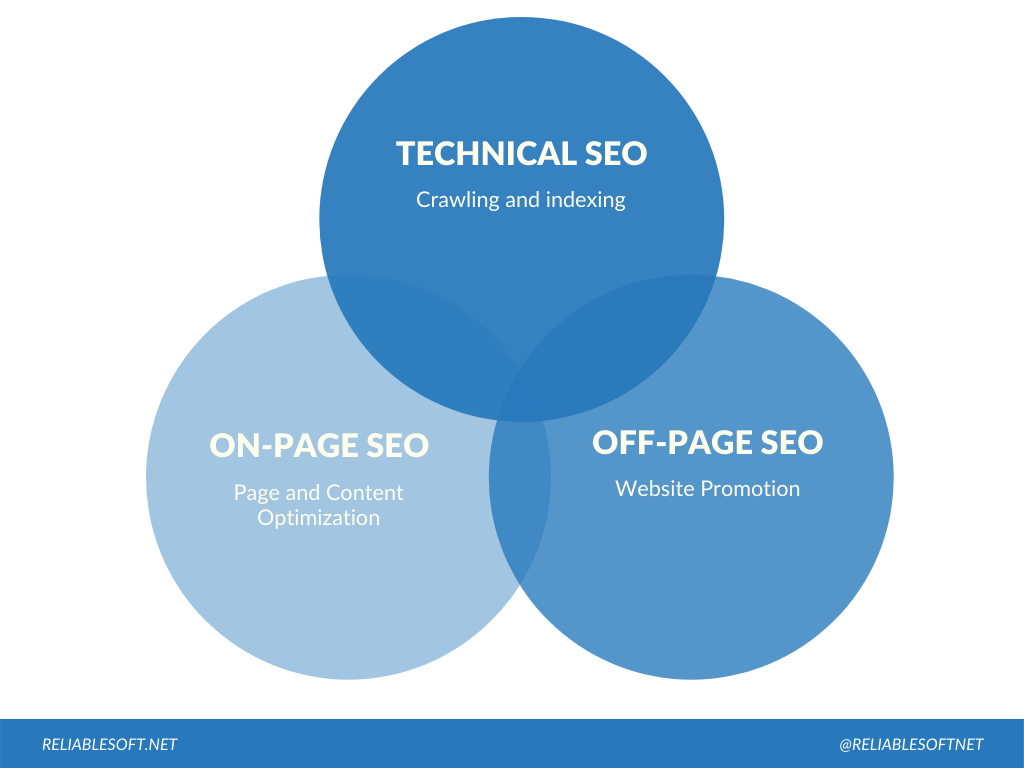
Difference between SEO and SEM – Learn the difference between SEO and SEM.
Difference between SEO and PPC – Understand the big difference between SEO and PPC with examples.
How to appear in organic search results?
To increase your website’s visibility in search engines organic results, you have to follow organic search engine optimization best practices.
In other words, you need to follow specific rules to make your website accessible to search engines and help them understand your content.
Google is using more than 255 search engine ranking factors when calculating the position, a website will be shown in the search results.
The most important organic SEO factors to implement and improve your organic search rankings are:
- Make sure that your content can be indexed
- Make sure that your website is fast and accessible on all devices
- Publish content that satisfies the intent of the user
- Optimize your content for search engines
- Promote your website to get more links and brand mentions
Make sure that your content can be indexed
To have any chance of appearing in the organic search results, your website has to be indexed by search engines without any problems.
Search engines during the crawling and indexing phase, scan the web to find websites to add to their index.
If during this process they cannot find your website or you have accidentally blocked search engines from indexing your content, then your website will not appear for any searches.
So, the first thing to do is to check your technical SEO.
How search engines work – to fully understand how to optimize your website for the organic search you first need to know how search engines work.
Make sure that your website is fast and accessible on all devices
The next step is to make sure that your content can be accessed without any problems on all devices.
The majority of searches are performed on mobile devices so you need to ensure that your website is mobile-friendly.
Mobile-friendly means that the content is displayed on mobile without horizontal scrollbars, the text is large enough and any navigation elements or CTA (Call to Action) buttons are easily accessible.
In addition, your webpages should load as fast as possible on all devices. Speed is not only a known ranking factor but a big usability factor.
Users like fast websites and you need to make every effort to provide them with a fast experience.
Publish content that satisfies the intent of the user
For users to find you in the organic results, your content must have the following characteristics:
It has to be around SEO keywords
SEO keywords are the actual terms people type in the search box to search the Internet.
If you publish content that users don’t want to read, then even if you appear in the organic results, you won’t get any traffic.
It has to satisfy the user intent
Search engines have become very good at evaluating content and understanding whether it satisfies the intent of the user or not.
They use a number of factors to present the most relevant content for each query so if your content does not provide users what they want to read, it will not appear high in the results.
It has to be high quality and original
Search engines can easily differentiate between original content and duplicate content.
Their goal is to present users with original high-quality content to keep them happy so that they will come back for more searches.
So, you need to create and publish content that is better than what is already published online. Content needs to be thorough, based on facts, unbiased, and written by experts on the topic.
How to perform keyword research – The process to follow to find out what people are searching on search engines.
Optimize your content for search engines
Before publishing content on the web, you need to optimize it for search engines. This means adding specific signals to your content to help search engines understand what your content is all about.
In the SEO world, this is known as on-page SEO and has to do with things like the title of your page, the use of keywords within your content, optimizing your images, links to other pages on your website, and many other factors.
How to create SEO friendly blog posts – Follow these 10 steps to ensure that every post you publish is SEO friendly.
Promote your website to get more links and brand mentions
Last but not least, in order to appear in the organic search results, your website needs to have mentions (backlinks) from other websites on the Internet.
Links play a critical role in organic rankings because they are considered by search engine algorithms as ‘votes of trust’.
Websites that have links from other trusted websites are more likely to rank higher in the organic search results than websites with fewer links.
In the SEO world, this process is known as link building, which is part of off-page SEO.
SEO Checklist – The complete checklist to follow to SEO optimize your website.
SEO tips for beginners – If you are new to SEO, start with these 15 tips.
Key Learnings
Organic search is the best type of traffic you can get for your website or blog. Organic traffic is targeted and this means users visiting your site from a search engine are more likely to convert.
Unlike paid search traffic, organic traffic is free and continuous. In other words, once you achieve and able to maintain high rankings for the keywords you want, you will get traffic from search engines to your website 24/7 without paying anything.
Search Engine Optimization (SEO) is the way to get more organic search traffic.
Paid search traffic is also targeted but you have to pay for it. Depending on the type of keywords you want your paid ads to show, it may cost you from a few cents to tens of dollars per click.
Once you stop the PPC campaigns, your traffic will drop and this is not a good business model to follow.
For best results, you need to include both organic and paid traffic channels in your overall digital marketing plan
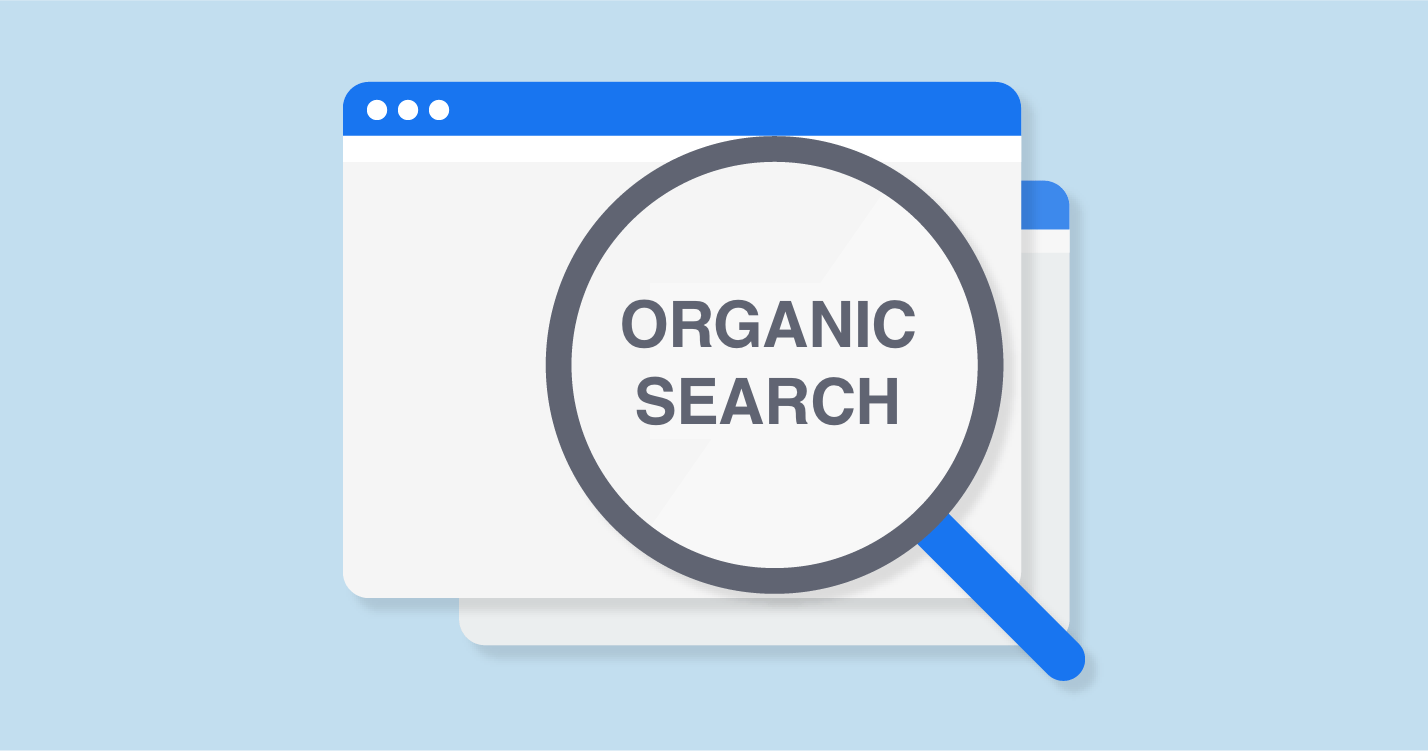
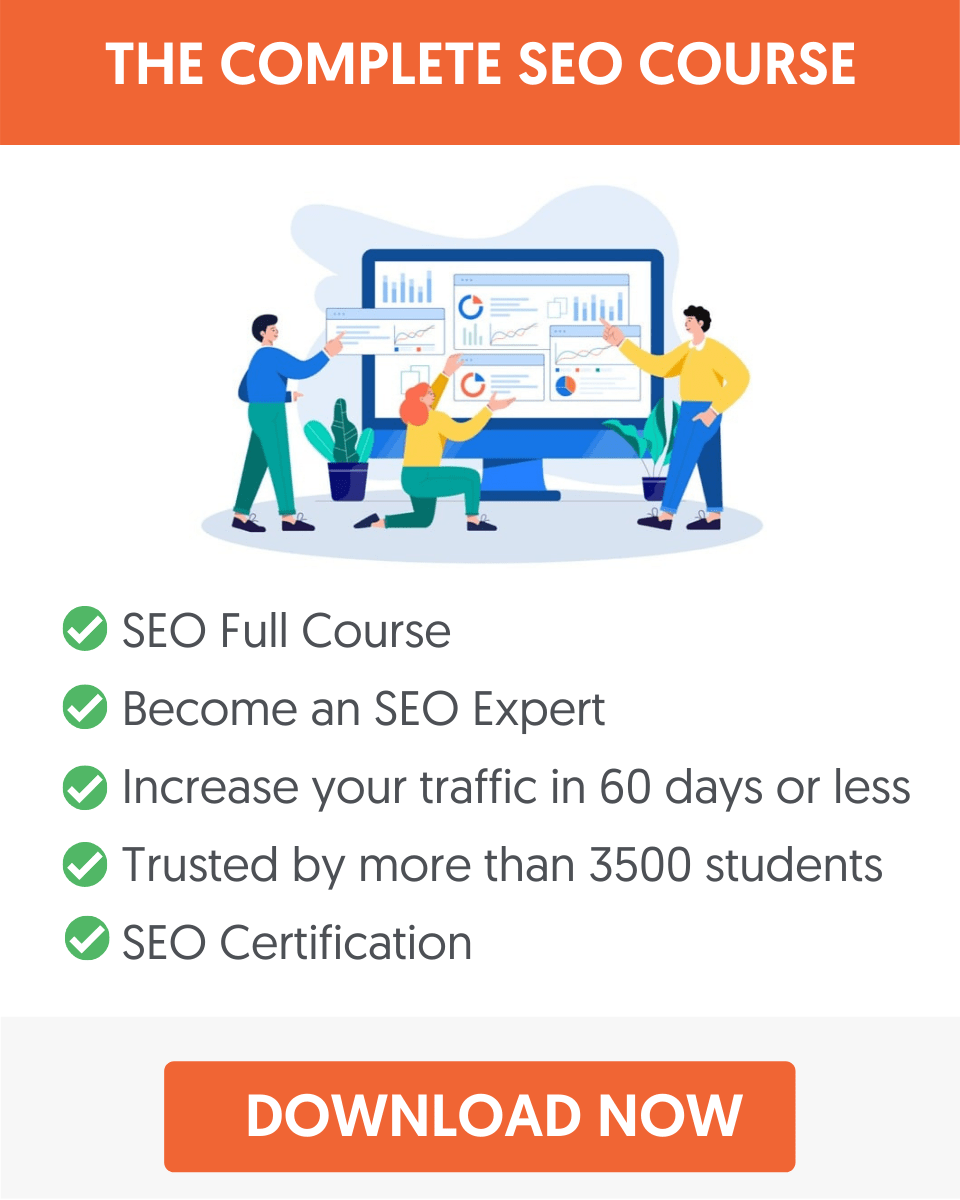

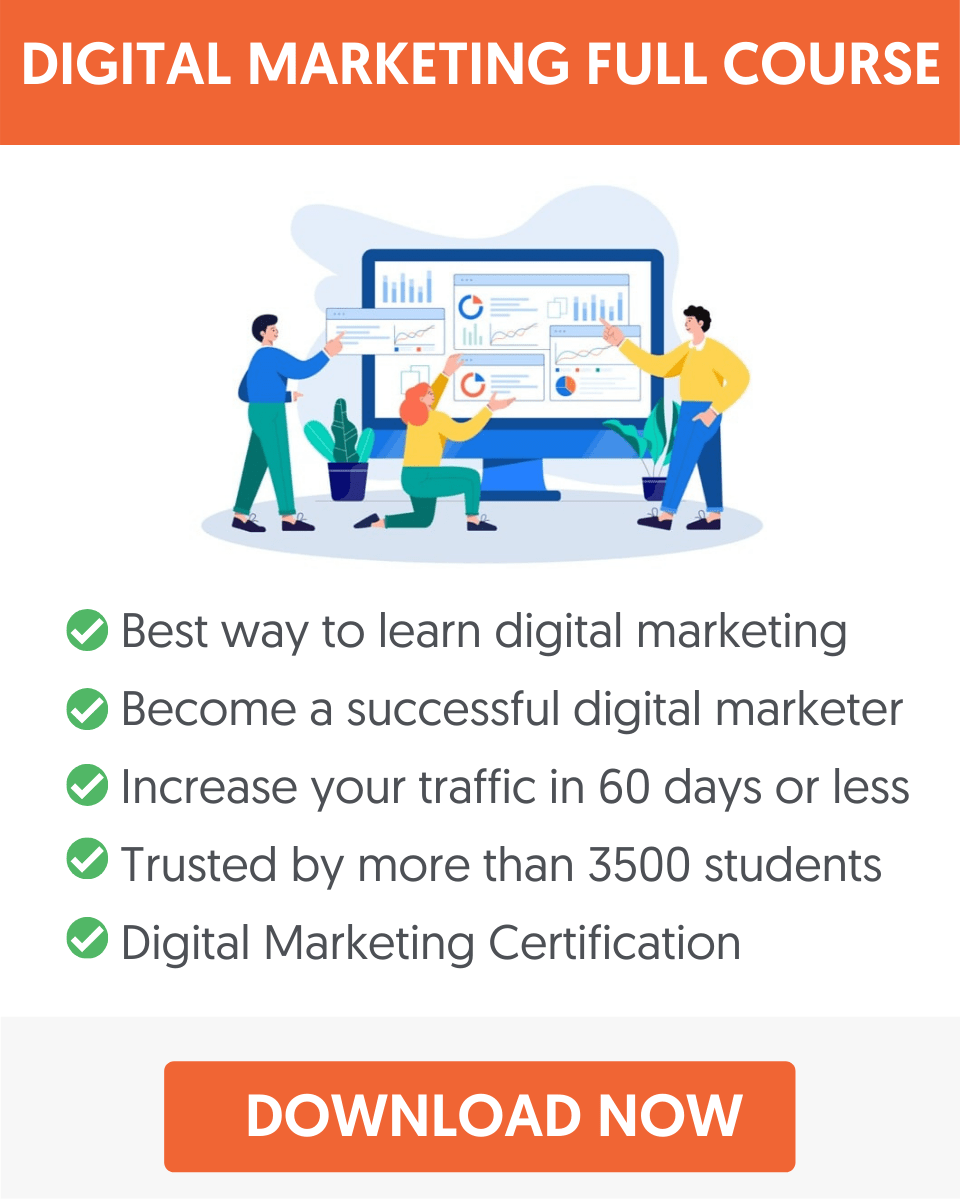

Very helpful post, thanks a ton!
For beginners, but also a reminder for those who know, thanks.